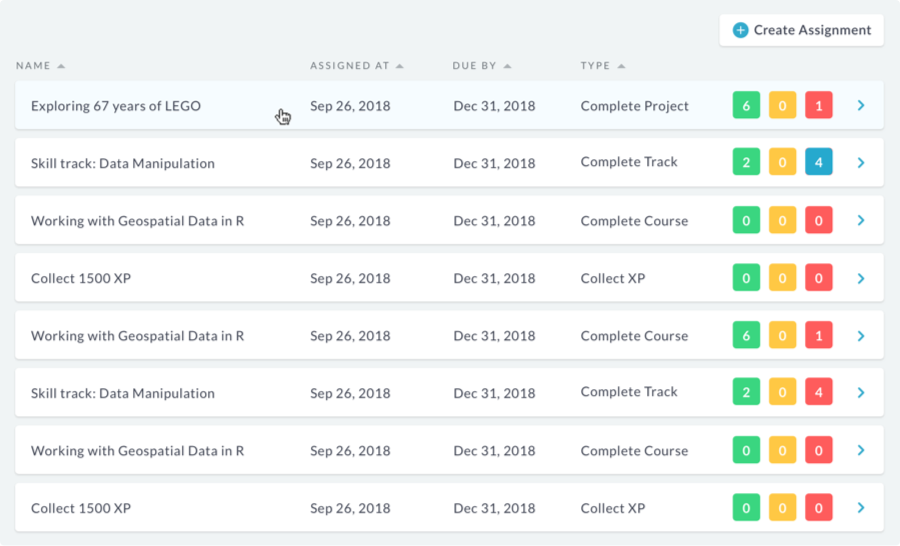Formation continue
Smart city
Machine Learning and A.I. for the smart city and the smart building Academic an professional program for training and research.
The DATA is central for developing new services in the eco-system of the smart building, the smart district and the smart city. The majority of these data are acquired trough different types of sensors (and smartphones) that produce time series.
The training, research and projects presented here deal about how this multiple-source data can be represented and processed in order to develop innovative applications and services for urban systems (transport, water, energy, building...), especially with data oriented methods and techniques like machine learning and artificial intelligence (deep learning or knowledge based systems), applied to a set of multiple sources and domains sensors and time series. Nevertheless, these data approaches are not always sufficient alone and can/must be completed and coupled with domain oriented models like object oriented models, numerical simulation models (optmization), expert-systems...
These innovations are envisaged not in a SILO approach (domain by domain), but in a systemic approach where we endeavor to correlate data from different domains and sources to develop new expertise and business (ex: electromobility needs data from mobility, energy, building, urban planning...).
Training and projects for students and professionals
The following training program and projects, that can be dedicated both for engineering students and professionals, aim at providing, exploiting and enhancing urban data (especially time series produced by sensors) for developing smart city and smart building innovative services.
The program is composed of three complementary components:
-
A set of lectures, each one being a short but quite complete synthesis on a sub-subject of the main subject (see the topics/chapters below). These lectures are grouped in packages or levels, in order to facilitate the implementation of coherent sessions within different options
-
A personnalized Python programming program, composed of courses and exercises, in partnership with the US DataCamp program
-
Projects made by students team in partnership with cities or companies which provide data and use cases of the real word of smart cities and smart buildings
This program can be led in three alternative methods/options :
-
Academic semester period (lectures + exercises + project) : one complete semester of a classical partner university session (around 15 weeks/sessions), including 4 hours a week, 2 hours of courses, 2 of exercises and project
-
Two weeks period (Summer / Winter school) : of intensive courses, exercises and projects
- Semester period project (Urban Studio / Atelier Projet) : this a one day by week full time project led during a semester by a team of 15/20 students coached by two professors and one or several profesionnals, possibly from different countries and universities, in partnership with a city or a company. Lectures can be proposed and adapted "à la carte" to upgrade students knowledge depending on their background and the prerequisite for the project
1 - Program of lectures (Gilles Morel)
Each lecture is a 2 hours class
Package level 1
- Chapter 1 : The Smart Building
- Chapter 2 : Introduction to Machine Learning and AI
- Chapter 3 : Sensors and Time Series Analysis
- Chapter 4 : The Smart City (first part)
- Chapter 5 : The Smart City (second part)
- Chapter 6 : Software Engineering and Python Tools for Machine Learning and Time Series
- Chapter 7 : Complete Examples for the Smart Building and the Smart City (Uses cases, models and code)
Detailed plan of the chapters available here
Package level 2 (2021) - in progress - Provisional program
- Urban IoT
- Models and algorithms of Machine Learning - The Best Models for Time Series
- Advanced Machine Learning Techniques
- Advanced Programming Tools and Techniques
- Introduction to Artificial Intelligence : Deep Learning vs Symbolic AI (expert systems)
2 - Practice with Python tools : training and exercises with @DataCamp

This class is supported by DataCamp, the most intuitive learning platform for data science and analytics. Learn any time, anywhere, and become an expert of R, Python, SQL, and more. DataCamp learn-by-doing methodology combines short expert videos and hands-on-the-keaboard exercices to help learners retain knowledge. DataCamp offers 325+ courses by experts instructors on topics such importing data, data visualization and machine learning. They are constantly expanding their curriculum to keep up with the latest technology trends and to provide the best learning experience for all skill levels. Join over 5 learners.
How you will use the DataCamp courses in this class and validate the curriculum :
-
you will be freely registered to the catalog and have access to all the courses during the semester period
-
a selection of the most adapted DataCamp courses for this class is proposed in the pdf document here :
-
you will select a subset of courses in this list adapted to your level (in Python and machine learning) and will validate it with your academic professor
- the professor in charge of the class can follow your progression thanks to a dashboard provided by the DataCamp for the Classroom program

3 - Projects - Examples of use cases and projects in partnership with cities and companies
-
with Société du Canal Seine Nord Europe : Human Fall Detection in Water in Construction Sites Using Machine Learning
-
UTC - Student Projects : IoT and Machine Learning in the Building
-
UTC - Student Project : Exploitation of Cities Grids of Multi-sensors (Open Data) with ML and AI models
-
with SOPRA STERIA :
-
BIM and IoT Data for New Services in the Smart Building (Students Project - Urban Studio)
- Encapsulating and piloting Machine Learning Models and IoT Time Series Data with an Object Model in Python (G. Morel)
4 - International program - Sessions
In progress
Research Topics
(in progress)
Resarch topics are driven both by the state of the art and complex use cases identified in the "real life" of cities and buildings projects.
Some potential R&D topics at the edge of several ICT and software approaches have being identified:
-
Active IoT with intelligent set of sensors - Embedded ML and AI
-
Coupling knowledge models with ML models for better performance of diagnosis
- Explainable ML and AI (capacity to explain the results of such models, can be linked to the previous topic)
